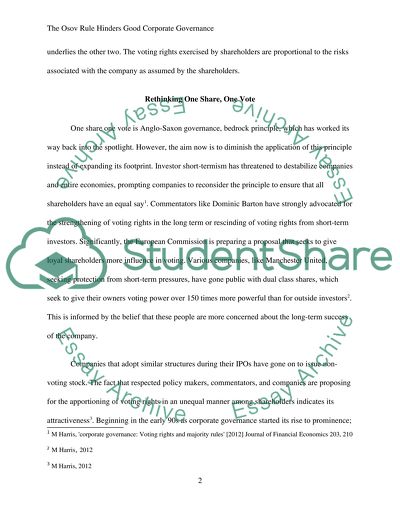Cite this document
(“United Kingdom: Law of Business Organisation Essay”, n.d.)
United Kingdom: Law of Business Organisation Essay. Retrieved from https://studentshare.org/law/1474757-united-kingdom-law-of-business-organisation
United Kingdom: Law of Business Organisation Essay. Retrieved from https://studentshare.org/law/1474757-united-kingdom-law-of-business-organisation
(United Kingdom: Law of Business Organisation Essay)
United Kingdom: Law of Business Organisation Essay. https://studentshare.org/law/1474757-united-kingdom-law-of-business-organisation.
United Kingdom: Law of Business Organisation Essay. https://studentshare.org/law/1474757-united-kingdom-law-of-business-organisation.
“United Kingdom: Law of Business Organisation Essay”, n.d. https://studentshare.org/law/1474757-united-kingdom-law-of-business-organisation.


